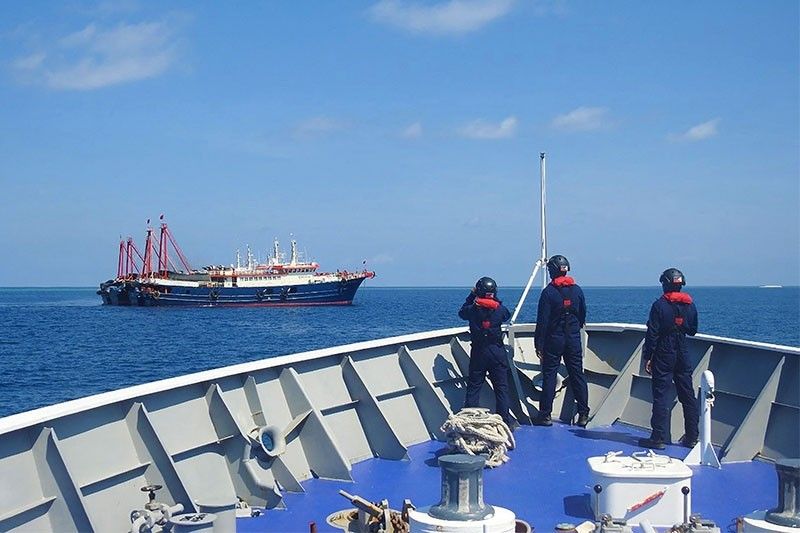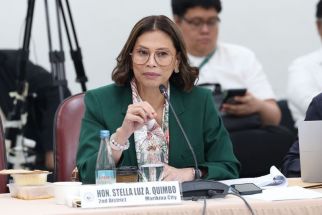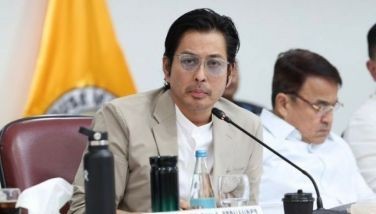‘Engaged public,’ quality of information important in deterring China in WPS

MANILA, Philippines — Keeping the public engaged and informed with quality information on the situation in the West Philippine Sea will help the country in its efforts to deter Chinese presence in the waters, analysts said.
“An engaged public is key to deterring China and to building national resilience so that when people answer those survey questions, it’s not just a couple of people who say ‘these is really important to us,’” Col. Ray Powell, retired US Air Force and fellow at Stanford’s Gordian Knot Center for National Security Innovation, said in a forum hosted by the Stratbase ADR Institute on Thursday.
He added another way to also keep the public engaged and informed is through obtaining or using new technologies to monitor the seas.
Getting public attention
Pulse Asia recently reported that “defending the integrity of the Philippine territory against foreigners” is still not among Filipinos' priority issues as economic woes continue to hound the country, a trend seen even in previous polls.
“The public generally get their signal from the government so the government would basically have to set the priority so that’s how the issue would of course be taken into account by the general public,” Renato De Castro, trustee and convenor at Stratbase ADR, said.
READ: Compromise between Philippines, China won't solve fishers' woes — group
The recent poll, which was commissioned by Stratbase ADR, however, showed that Filipinos want the country to work with other countries when it comes to defending the West Philippine Sea. The top ally identified was the US, followed by Japan, Australia, the United Kindom, South Korea, and the European Union.
Filipinos were also open to the Philippines working with China on the disputed waters.
READ: Poll: 84% of Filipinos want to leverage US partnership for WPS defense
‘Friend to all’ foreign policy
President Ferdinand “Bongbong” Marcos Jr. has repeatedly said that the country would pursue an independent foreign policy where the Philippines will be a “friend to all, enemy to none” under his leadership.
But analysts have pointed out that this is the “holy grail” of foreign policy. De Castro emphasized that the country’s treaty alliance with the US and the country’s other security partnerships.
“It’s a simple saying of a neutrality policy but of course, we cannot afford a neutrality policy until 2028. Especially that there is a two competing powers that are getting our attention,” said Chester Cabalza, founder and president of the International Development and Security Cooperation, referring to the US and China.
READ: China accuses US of using disputed waters for own gain
- Latest
- Trending
































